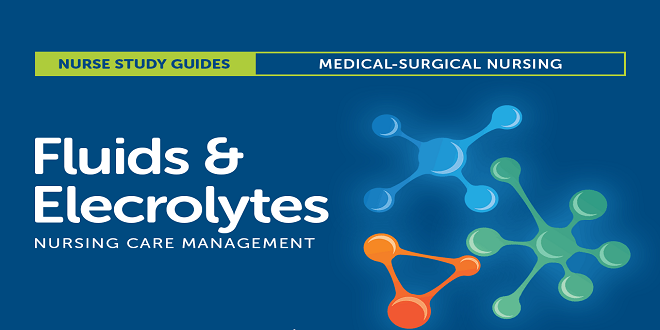Spiritual Care: What is Spiritual Care & Essential Strategies to Provide to Patients

Providing spiritual care is an essential aspect of healthcare that focuses on meeting the spiritual and emotional needs of patients. As healthcare providers, it’s important to recognize the significance of spiritual care and incorporate it into our practice. In this article, we’ll explore the meaning of spiritual care, its importance, and essential strategies on how to provide spiritual care to patients.
Definition of Spiritual Care
Spiritual care is the process of addressing the spiritual and emotional needs of patients in a compassionate and respectful manner. It involves providing support, comfort, and guidance to patients as they face illness, suffering, and end-of-life issues. Spiritual care recognizes that patients are not just physical beings, but also have emotional, mental, and spiritual needs that require attention.
The Importance of Spiritual Care
Spiritual care plays a vital role in healthcare as it addresses the whole person, not just their physical symptoms. Patients who receive spiritual care report feeling more supported, valued, and understood, which can lead to better health outcomes. It can also help patients cope with stress, anxiety, and depression, and provide them with a sense of peace and meaning during difficult times.
Strategies for Providing Spiritual Care to Patients
- Active Listening
Active listening involves giving the patient your full attention and being present in the moment. It requires focusing on the patient’s words, emotions, and nonverbal cues, and avoiding distractions or interruptions. Active listening allows the patient to express their concerns, fears, and hopes, and creates a safe and supportive environment for them to do so.
As healthcare providers, it’s important to practice active listening to understand the patient’s unique perspective and provide care that meets their individual needs. It also helps build trust and rapport between the patient and the healthcare provider.
- Assessing Spiritual Needs
Assessing spiritual needs involves asking the patient about their spiritual beliefs, values, and practices. It involves being curious and respectful, and avoiding assumptions or stereotypes. Assessing spiritual needs allows you to tailor your care to the patient’s specific needs and provide them with appropriate resources and support.
As healthcare providers, it’s important to assess spiritual needs to understand the patient’s spiritual background and provide care that is sensitive to their beliefs and practices. It also helps ensure that the patient receives holistic care that addresses their physical, emotional, and spiritual needs.
- Providing Spiritual Support
Providing spiritual support involves offering resources and support that align with the patient’s spiritual beliefs and values. This can include prayer, meditation, music, literature, or referrals to chaplains, spiritual leaders, or support groups. Providing spiritual support helps patients feel connected, supported, and empowered during difficult times.
As healthcare providers, it’s important to provide spiritual support that aligns with the patient’s unique perspective and meets their individual needs. It also helps improve patient outcomes and enhances their overall quality of life.
- Collaboration with the Interdisciplinary Team
Collaboration with the interdisciplinary team involves working with other healthcare providers, such as nurses, social workers, and chaplains, to provide comprehensive care. It involves sharing information, resources, and expertise, and ensuring that the patient’s spiritual needs are integrated into their overall care plan.
As healthcare providers, it’s important to collaborate with the interdisciplinary team to provide holistic care that addresses the patient’s physical, emotional, and spiritual needs. It also helps improve communication and coordination between healthcare providers, which can enhance patient outcomes and satisfaction.
- Respect for Cultural Diversity
Respect for cultural diversity involves acknowledging and respecting the patient’s cultural background, beliefs, and practices. It involves avoiding assumptions or stereotypes, and being open and curious about the patient’s unique cultural perspective. Respect for cultural diversity allows you to provide care that is sensitive and appropriate to the patient’s cultural needs and preferences.
Conclusion
Providing spiritual care is an essential aspect of holistic patient care. By incorporating these essential strategies into their practice, healthcare providers can better meet the spiritual needs of their patients. Whether through compassionate presence, active listening, spiritual assessment, or other approaches, spiritual care can help patients find meaning, purpose, and hope in their healthcare journey.





